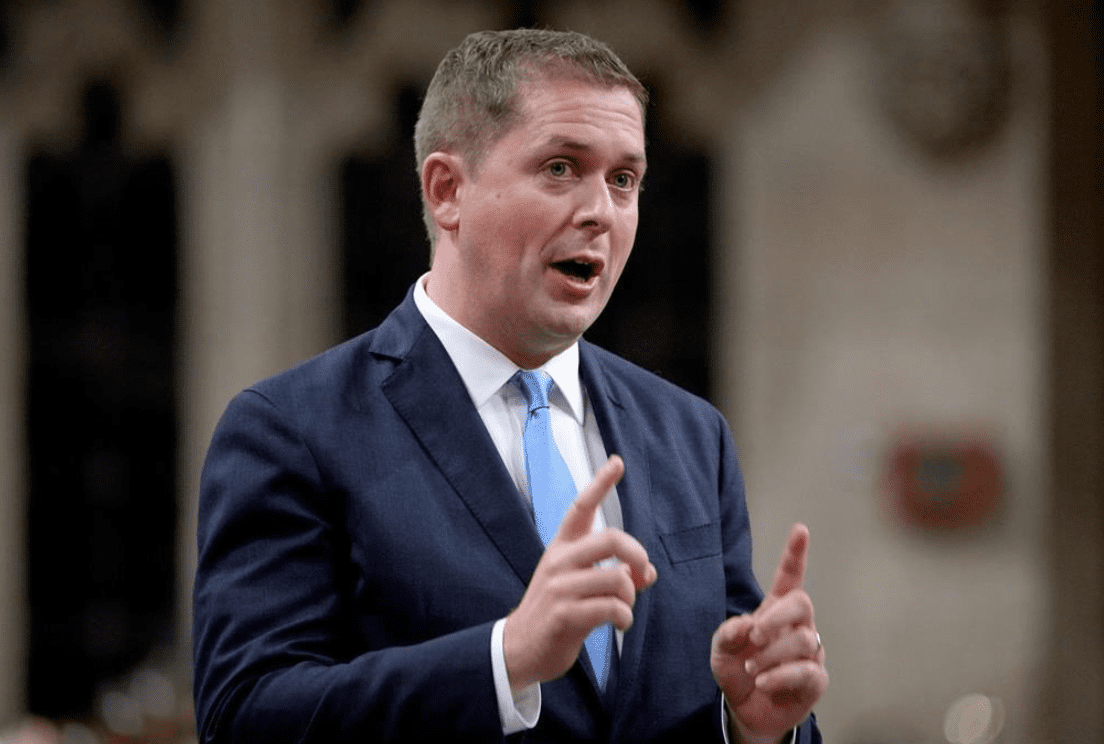Critics complain the Alberta government is living in the past, dependent on pipelines to move its old school non-renewable resources to market.
It is true Alberta loves pipelines. The province really gets pipelines a safe economical method of moving commodities from point A to point B.
So how much of a win-win would it be if the province embraced a futuristic type of pipeline moving not oil and gas, but people?
Canadian company TransPod wants to build a hyperloop magnetic tube link, which looks amazingly like a giant pipeline, to whisk commuters, and some specialized cargo, between Edmonton and Calgary at 1,000 kilometres per hour.
Currently it takes about three hours on a good-weather day to drive the straight-shot Highway 2 from city to city. There are also at least 20 short-haul carbon-spewing one-way flights a day as well. The TransPod folks say they will be able to trim the trip to 30 minutes with their low-carbon-emission technology zipping passenger filled pods through low-pressure tubes.
The company website projects that pods will hold 27 to 40 passengers and depart every one to two minutes.
TransPod has been flirting with the Alberta government for a few years on this project. The firm is looking for a test site in the province. Hyperloop technology isn't ready for real people in real pods, but companies around the globe are actively working on various versions of this new mode of transportation, which proponents agree will likely be in practical operation by 2030.
The Alberta NDP government considered providing land for a test site, but their requirement that the company dismantle the test track after completing a pilot was a no-go for TransPod which wanted to use any test facility as part of a finished project.
The company has approached the UCP government, but is having trouble getting traction, says TransPod CEO Sebastien Gendron. He adds that when he approached Premier Jason Kenney at an electioneering stop in Ontario during the recent federal campaign, Kenney rolled his eyes.
Perhaps that was just a fluke reaction from an overtaxed campaigner. Indeed, an Alberta Transportation spokesperson has said they look forward to reviewing a proposal from TransPod when they receive it.
Alberta has always been a bit averse to charging ahead on transportation options beyond the most conventional. Newcomers to the province are usually gobsmacked that there is no passenger rail line between Calgary and Edmonton. For more than a decade provincial governments have commissioned regular report on the potential for high speed rail between the cities but nothing has come from the explorations.
In 2011, Premier Alison Redford trumpeted her interest in a high speed rail link. "Such an initiative could unite the province and send a message to Canada and the world about Alberta's progress."
The message apparently got lost along the way, along with progress on what appeared to be a sensible idea.
The hyperloop venture may appear further out there than high speed rail, but it has some special virtues at this juncture in the province's history.
The company is not looking for government money for its test line, just a letter of support to take to private investors in order to drum up $100 to $200 million. If a full-scale $6 to $8 billion project becomes feasible there would be oodles of construction jobs. And it would represent a big commitment to transitioning the province out of its current high emission lifestyle.
Other jurisdictions are hot to jump on the hyperlink bandwagon. The state of Missouri is actively exploring a test line with a coalition of Virgin Hyperloop, the University of Missouri and an engineering firm. West Virginia is also working with Virgin Hyperloop One. Other companies and other countries, including India, the Netherlands and Spain are all actively exploring the technology which is particularly targeted at competing with the short haul flight market.
Maybe it's lucky the province didn't opt for the high speed rail option. Now it can jump right to the next level of technology.
The Calgary Herald imbedded a survey in its story on the hyperloop asking if it was a good idea. About 4,500 readers, 84 percent of the respondents, said yes. That's not surprising given the story was posted in late November, the beginning of the province's brutal winter driving season. Thirty minutes in a space-age pod insulated from the elements versus three plus hours on icy roads would seem a bit of a no brainer.
Alberta could seize this initiative and start dispelling its reputation for trying to turn the clock back.
Photo Credit: Calgary Herald








